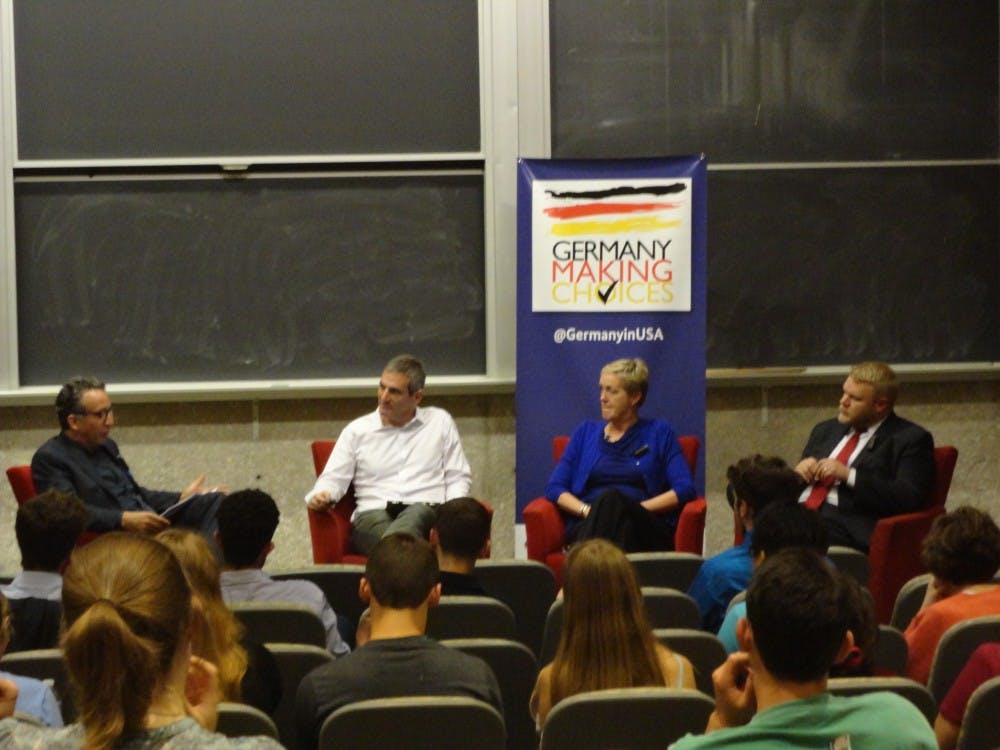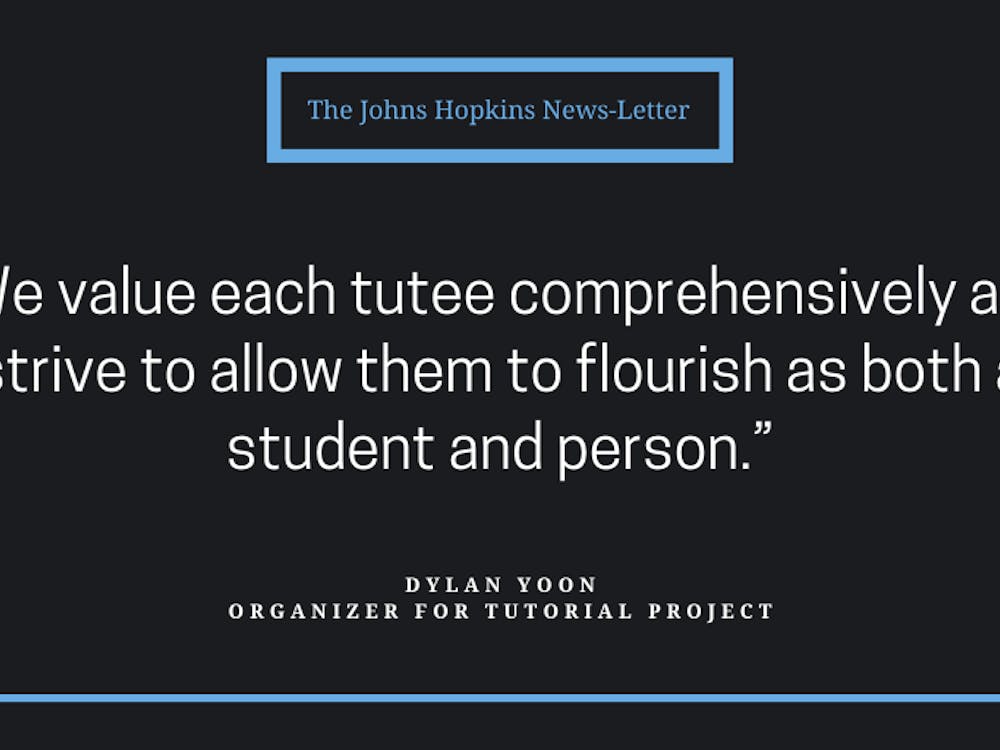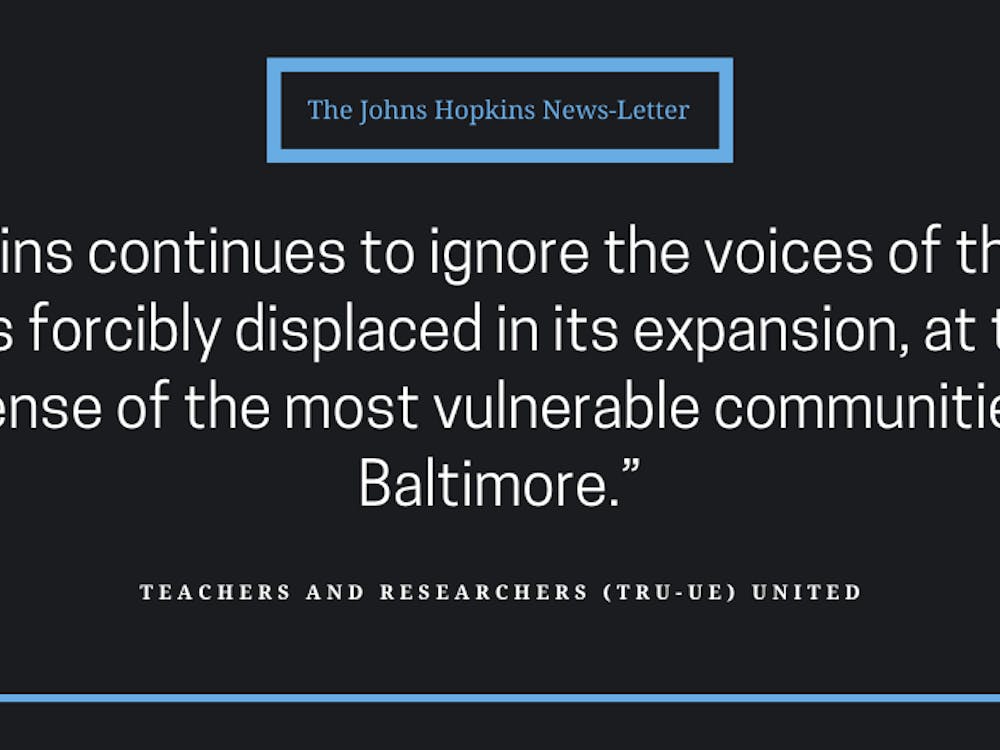Three scholars participated in a roundtable discussion on the upcoming German elections on Tuesday, Sept. 19. Funded by the German Embassy, the conversation focused on the political climate in Germany, the rise of right-wing parties and Germany’s role in the European Union.
The University’s German Studies program and student-run think tank European Horizons ran the event.
The panelists included Hopkins Political Science Professor Nicolas Jabko, German Marshall Fund (a non-partisan non-profit) Fellow Peter Sparding and Brookings Institute Senior Fellow Constanze Stelzenmüller.
Junior Alexandra Marksteiner, the president of European Horizons, introduced the panelists and moderator, History Professor Hanno Balz.
“The overarching goal was to give a campus that isn’t entirely Euro-focused a bit more of an insight to what German politics is about,” she said.
The federal elections, which will take place on Sept. 25, will allow voters to elect a new Parliament called the Bundestag. Members of parliament then elect a chancellor. Many expect Angela Merkel, the current chancellor and a member of the Christian Democratic Union (CDU), to be re-elected over Martin Schulz, who represents the Social Democratic Party (SPD).
In addition, some think that the far-right wing party Alternative für Deutschland (AFD), will gain influence in Parliament, although the party has never held a seat in the Bundestag before.
Balz asked the panelists why AFD’s popularity is growing and whether the party’s rise is part of a global trend towards populism. Stelzenmüller said it was a combination of two major popular sentiments.
“[There is a] sense of a loss of control over their own lives, over their futures... and the sense that the government is losing control,” Stelzenmüller said. “That is compounded by a sense of loss of identity.”
In addition, Balz asked Sparding whether he thinks American politics will affect the September election.
Sparding responded that Merkel has made it clear that she is not operating under Trump’s orders.
“In June, Merkel gave a speech in Munich where she hinted at her shock, and she basically said ‘I just came back from the big European and NATO meetings, and it looks like we have to get our act together. We’re going to be a bit on our own,’” he said.
Some argue that Merkel is moving the CDU towards the center, leaving room for more radical parties to develop. Others believe that the increase in extreme groups may lead to some very unusual coalitions between parties in order to create groups that can effectively enact legislation.
Jabko predicts that Merkel’s political alliances will not change drastically.
“Most likely it will be a continuation of the grand coalition in which case you would have a pro-European kind of policy,” he said.
Marksteiner agreed with Jabko’s statement, noting that although Merkel’s re-election is to be expected, other parties may gain influence.
“Not everything is set in stone,” she said.
Freshman Katherine Gillis went to the panel for her “German Elements I” class. She felt that the panel helped her connect European and American politics.
“They drew parallels between Angela Merkel and Hillary Clinton, both people who thought they were going to be shoo-ins for the elections, and they drew parallels between far-right wing parties in Europe and far-right wing parties in the United States,” she said.























Please note All comments are eligible for publication in The News-Letter.